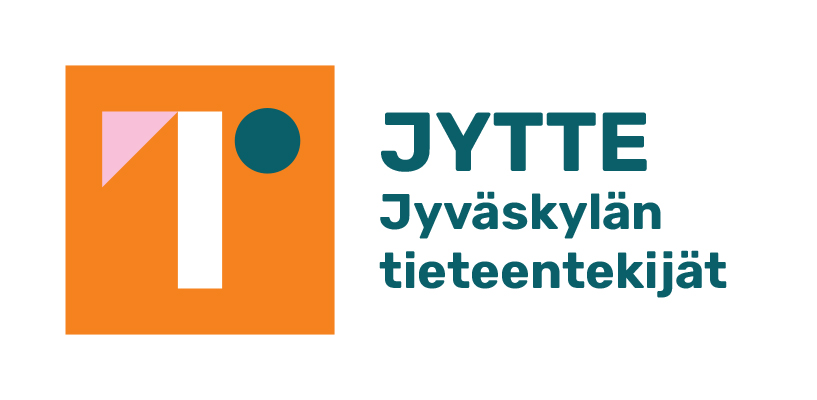University Lecturer Olli-Pekka Moisio, who seeks to become the next representative of mid-level employees on the University Board, says that his aim is to get the new management boldly to embrace openness and deliberative dialogue. This would enable all of us to feel that we are genuinely heard and seen.
An evaluation of the 2010 university reforms carried out by Owal Group were published just over a year ago. According to the evaluation, changes in the universities act have made the management structures in universities more leader-centred. While this has enabled quicker, more flexible, and more agile decision-making, it has also moved the process further away from the academic community.
Some might say this signifies a crisis of representation. I believe that were the university to take the result of the evaluation seriously, it could strive to reach better leadership, one that would pay more attention to the academic community. Representation plays an important role in this, but it will not automatically guarantee better management. Again, it is important to clarify further the characteristics of good leadership. The scientific knowledge to back up these considerations does exist.
The political scientist Pierre Rosanvallon has shown that the realisation of representative democracy requires scepticism or even distrust towards authority. In universities, the system of management has for long been modelled after the principles of representation (tripartism) in order to ensure that the point of view of every member of the academic community is heard in different decision-making bodies, from the university board to the management of faculties and departments. Representation of such large groups of people always includes a strong tension between the actions of the representatives and the represented. Rosanvallon emphasises that authorities, their motives, and their actions should be constantly questioned: it must be possible to monitor the actions of the representatives.
I believe that the meaning of scepticism and distrust, or their effects on university-level representation, is twofold. First, the actions of the official decision-making bodies should be as open and transparent as possible, so that the actions of the representatives can be monitored and the meaningfulness of their decisions evaluated. More is needed than a simple administrative sleight of hand that allows the academic community ostensibly to take part in advancing a predetermined agenda while preventing them from taking part in defining it.
The process of setting a communal agenda is not primarily about expressing a specific intent but of the process of forming a wider cause. In the process, the different sides of the academic community present different points of view, observations, and experiences. In this, a feature that was characteristic of the traditional academic community is very important: all sides of the process must be ready to reassess their own views considering the different points of view and observations put forward in the discussion.
Hearings and development projects cannot necessarily be considered as taking the point of view of the academic community into account, not in the sense of representation. This will remain the case even if the academic community were to participate more in the decision-making by using means that complement representative decision-making. Representation is an essential and proven method of influencing the development of the university. It enables a multi-levelled dialogue from top to bottom – and vice versa. As a candidate for the University Board, nominated by the mid-level personnel organisations, I have set as my aim to get the new university management boldly to embrace a mode of leadership built on openness and deliberative dialogue. This would enable all of us to feel that we are genuinely heard and seen. We are the university.
